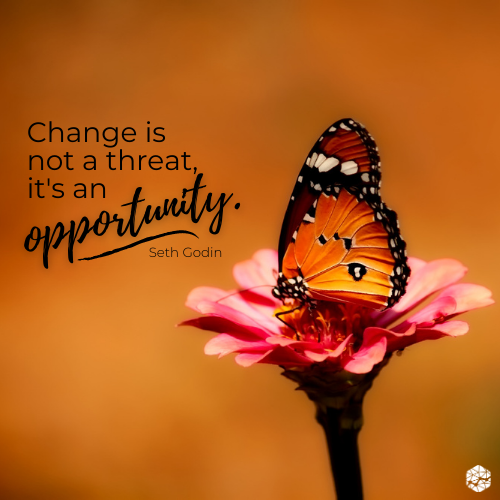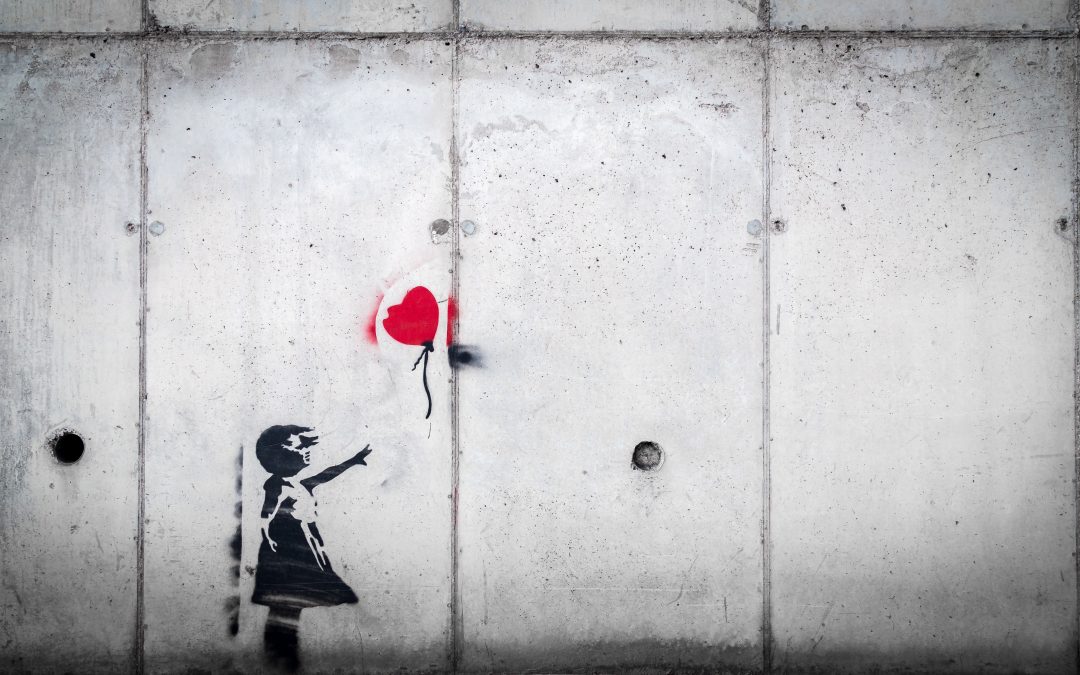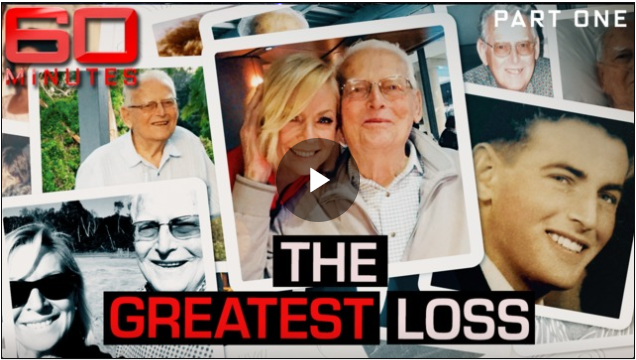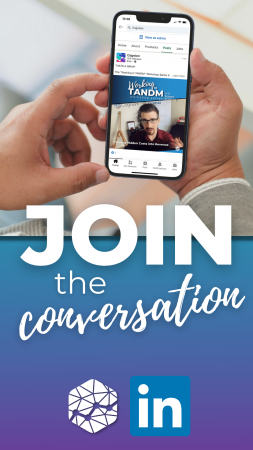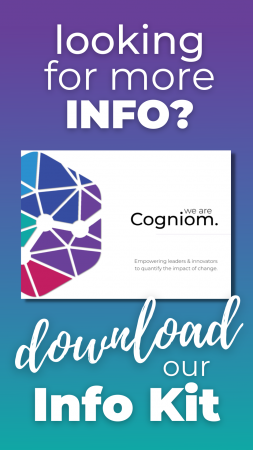60 Minutes of Heartbreak
We’ve all lost a loved one.
Sometimes it’s expected, sometimes it’s a cruel drawn out experience, sometimes it’s a welcome relief to pain and suffering and sometimes it’s so completely unexpected it will leave you blindsided.
Regardless the matter in which it occurs, death creates a heartbreak that is unimaginable. An internal pain you would not wish on your own worst enemy.
So, when the loss of a loved one comes squarely from an error and a broken system, how do you even begin to reconcile it?
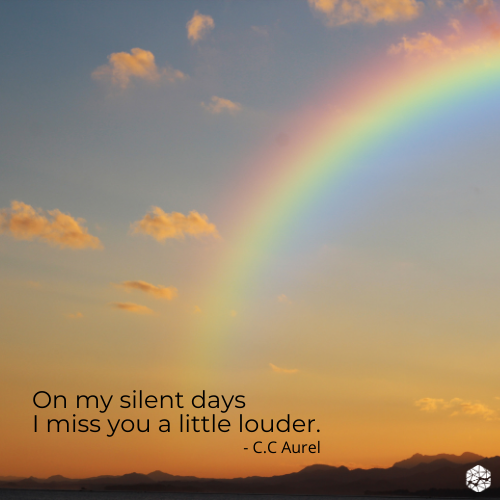
Earlier this month 60 Minutes aired a story that left us broken hearted, however it’s a story that strikes incredibly close to home.
Reporter, Liz Hayes, shares her story of losing her Dad in hospital.
Bryan Ryan was 88 years old. He was admitted to hospital with a case of pneumonia from which he was on the road to recovery from. Instead, he suffered a “catastrophic stroke” due to an extreme medical error which saw him fail to receive his heart medication, that helped to prevent strokes, for eight days.
“This is my Dad.
We were to take him home today, but we’re not because of what’s been called an error.
Dad is now dying, because of some terrible mistakes that were made with his medication.”
– Liz Hayes
ABC reporter Jamelle Wells also shares her story of losing her father due to an avoidable series of events while in the care after what should have been a routine surgery.
These stories are too familiar.
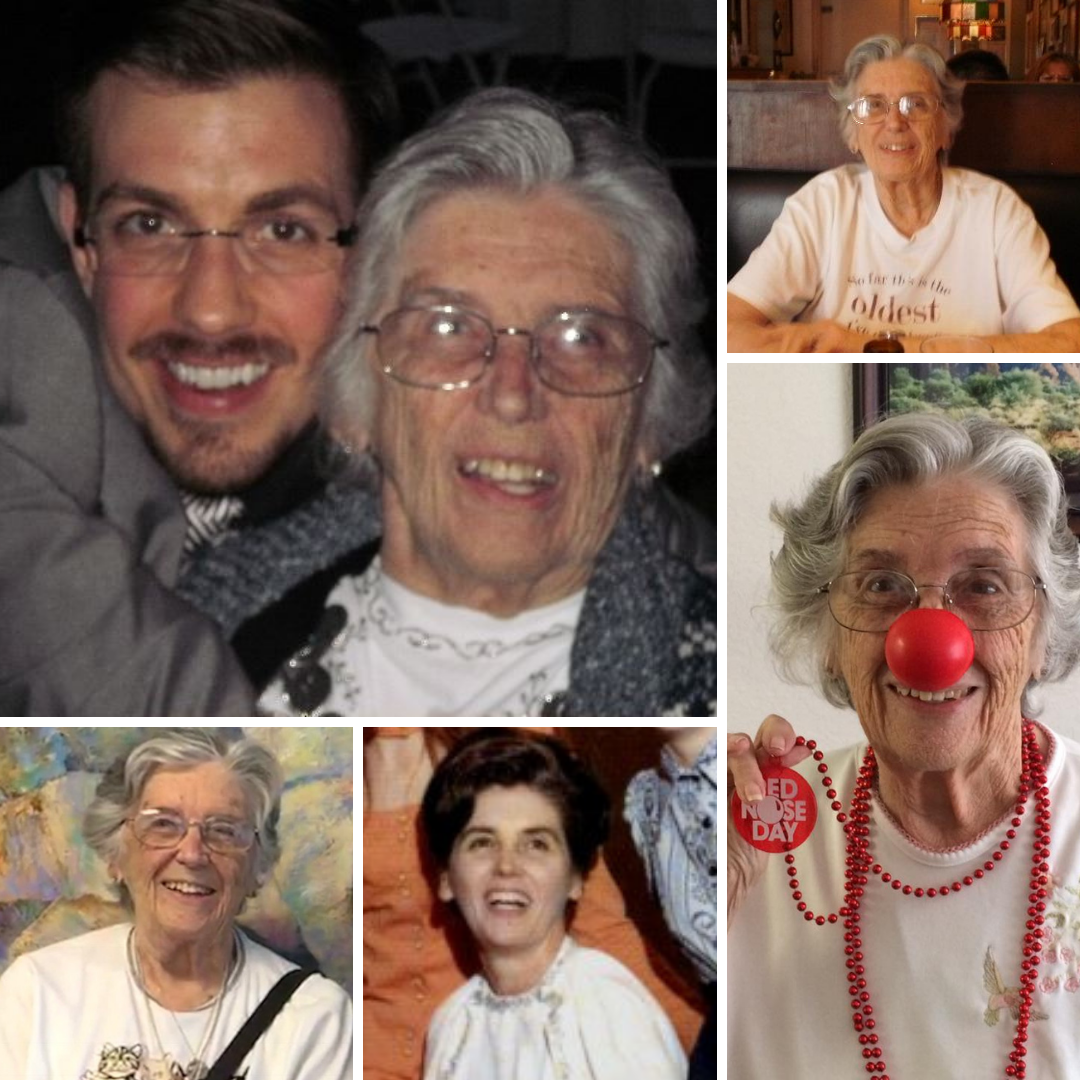
For those who have followed our story from the beginning would have heard the story of Robert’s Granny B.
Mary Ellis, or Granny B as she is affectionately known, was admitted to hospital with heart complications needing medical attention.
While there, her heart medication was consistently delivered late which resulted in a near fatal cardiac event.
She was lucky to survive, but unavoidable damage was undoubtedly caused.
Zoe’s Nan, Marie Graham, also on heart medication was issued the right type of medication, however it was four times the prescribed dosage and the error saw her suffer through three cardiac events in a 24 hour period.
This mistake caused such irreparable damage she needed a pacemaker and would see her live out the rest of her years in an aged care facility, forever impacted by this event.
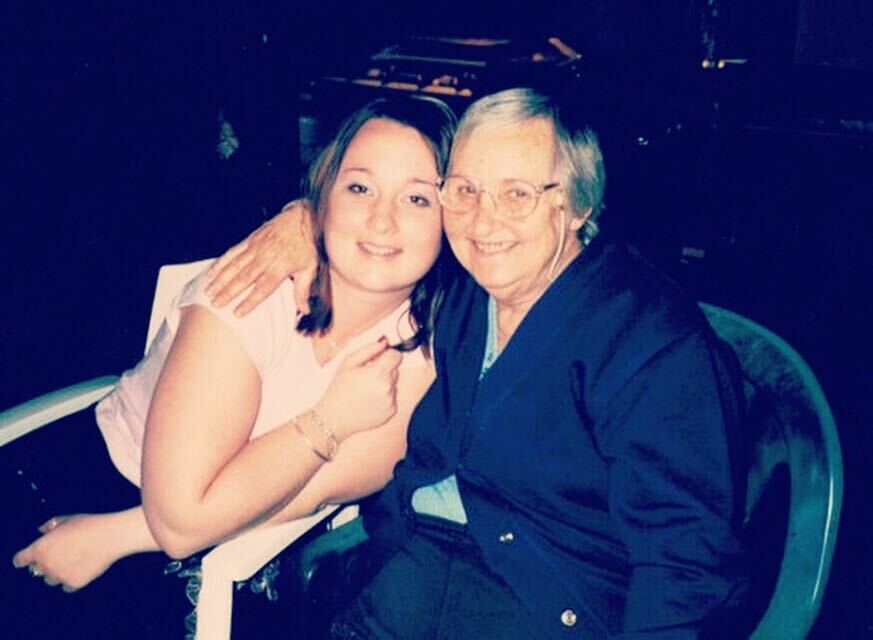
The other half of this story belongs to the Nurses and Doctors and healthcare professionals that are caught in the crossfire. These are the people that chose such professions because they want to help others and save lives, but instead they are caught up in bureaucracy and process, preventing them from truly living out what healthcare is supposed to be about: The patients.
As a society we promote ideals like change is good, embrace innovation, and teamwork makes the dream work and yet we just as strongly suffocate them with policy and red tape, leaving little room for positive change and a poor understanding of what really occurs every day.
We’d be daft not to acknowledge that healthcare facilities are indeed a business too, and as such are also driven by business metrics. We also know how heavily impacted the industry is by government and how reliant it can be on funding, and while it’s all well and good to roll out the politicians with their perfectly manicured speeches when something goes wrong (as was the case in this 60 Minutes story), it does little to change what’s really happening on the floor of our facilities.
For the Cogniom team, this 60 minutes story struck hard at the heart strings.
This is our why.
This is why we get out of bed every morning.
This is why we strive for success because we know the positive impact our input can have on the future of healthcare.
When we can create an accurate picture of what each day brings our healthcare professionals; their pains, their struggles and problems, we give ourselves the chance to truly understand and be properly educated to make the right decisions to ensure positive outcomes.
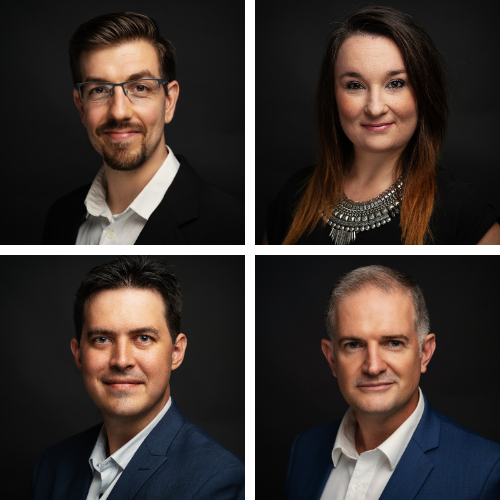
If you’re a healthcare professional, we see you. More importantly we hear you and implore you to not stop speaking your truth. If you’re a healthcare startup, don’t give up. Know your value and know the difference you can make. And, if you’re an investor, back the healthcare start-ups. Entrepreneurs are brave enough to look at the world a little differently, to carve their own path and when supported, can inspire greatness.
We can no longer stand idly by hoping change might come, that patients will stop losing their lives unnecessarily and healthcare professionals will be given the opportunity to let their voices be heard.
Together, we have the opportunity to be the catalyst for change.
